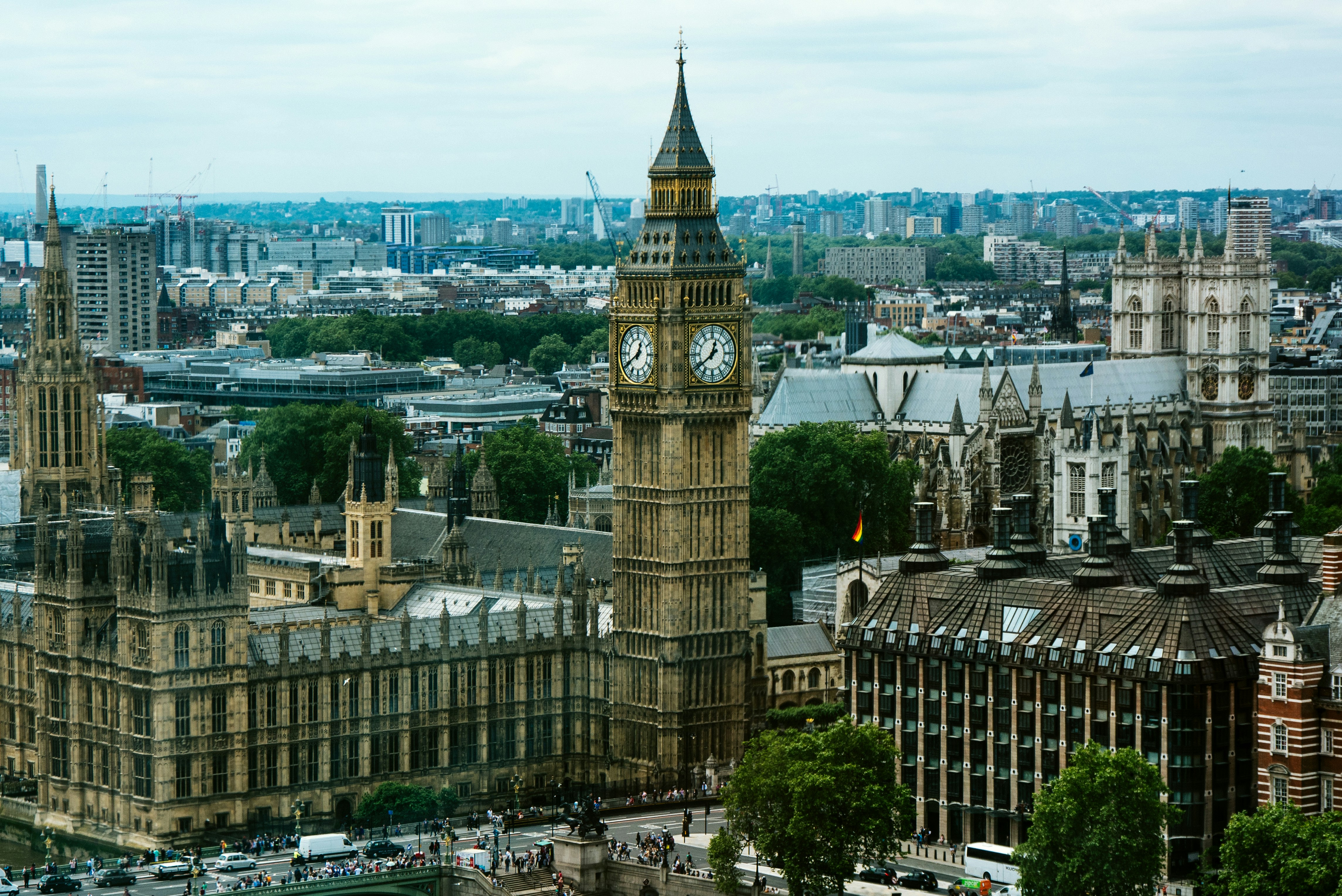Test- FTSE 100 Kicks Off August on a High as BP and Senior Lead Market Momentum
$11
10 Oct 2025, 13:13

Unsplash.com

Official data indicates that in July, government borrowing exceeded expectations due to the escalating expenses associated with public services and entitlements.
The Office for National Statistics (ONS) said that last month's borrowing, or the shortfall between spending and tax revenue, reached £3.1 billion, the highest amount for July since 2021.
Analysts are speculating about the tax and expenditure decisions the chancellor will make in the fall Budget in light of the unexpected increase.
According to one economist, Rachel Reeves had "tough choices" to make, and according to another, taxes will probably go up.
The chancellor has already said that some taxes will go up, but she has also stated that she will not hike income tax, VAT, or national insurance.
The increase in government borrowing exceeded most economists' projections by £1.1 billion.
Since the government has collected a larger amount of self-assessed income taxes by July of each year, borrowing is often lower in July than it is in other months. July of this year was £1.8 billion more than that of 2023.
Senior research economist Isabel Stockton of the Institute for Fiscal Studies said that Ms. Reeves will have to make "tough choices" in her first Budget, which is expected to be released on October 30 and contains the government's intentions for taxes and expenditure.
The chancellor's decisions will affect how public funds are allocated to institutions including hospitals, schools, and law enforcement.
In addition, Ms. Reeves will base her choices on adhering to the government's self-imposed budgetary regulations, which are intended to preserve credibility with the financial markets. Such regulations are in place in the majority of wealthy nations.
In addition to the borrowing data, the ONS disclosed last month that the UK's national debt was still at its highest point since the early 1960s.
The government reportedly spent £107.4 billion in July overall, which is £3.5 billion more than it did the month before.
July saw £7 billion in interest due on central government debt, the second-highest amount since data collection began in 1997.
Still, the sum was less than the government's official forecaster, the Office for Budget Responsibility, had predicted.
Since the most recent ONS spending data is preliminary, it may alter before the Budget and lead to new policy choices.
(Sources: bbc.co.uk)